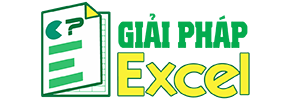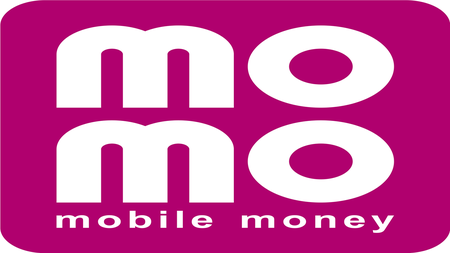They are about the same.The phrase "basic conversational English" is still right, isn't it?
I searched on Google, the result is "basic English conversation".
Please help me to explain this noun phrase. Thank you.
The forrmer puts emphasis on "English, conversational style/techniques at the basic level". Whereas the latter says "basic conversation in English"






